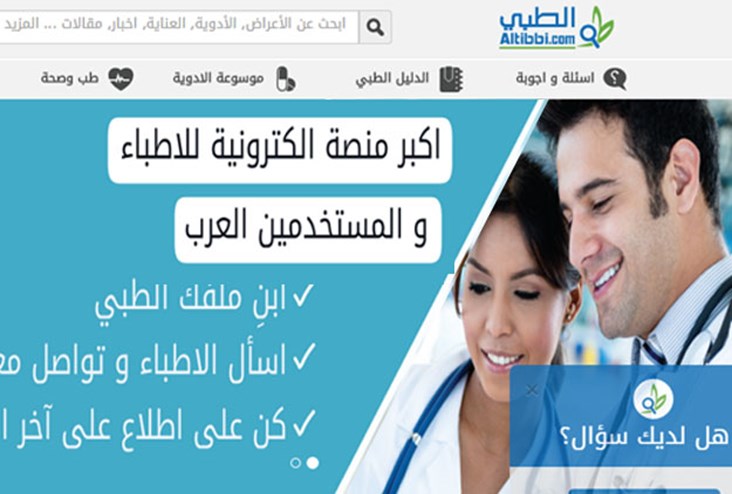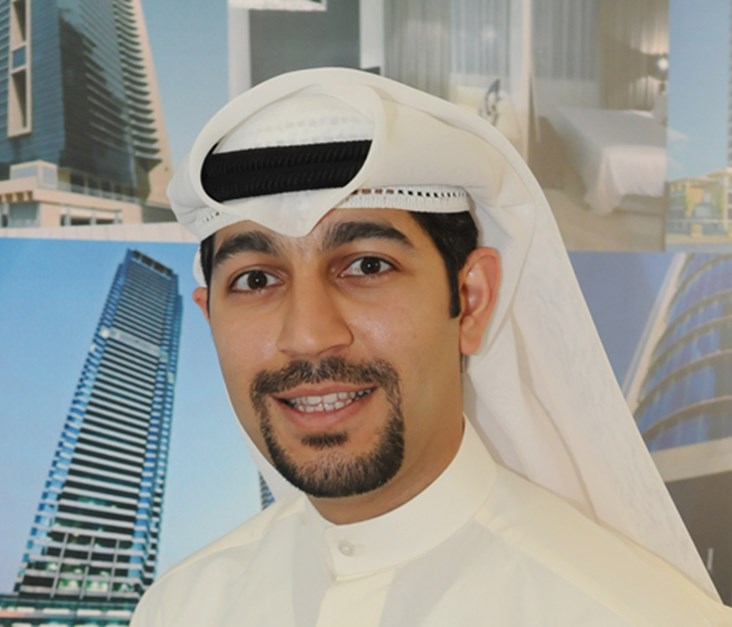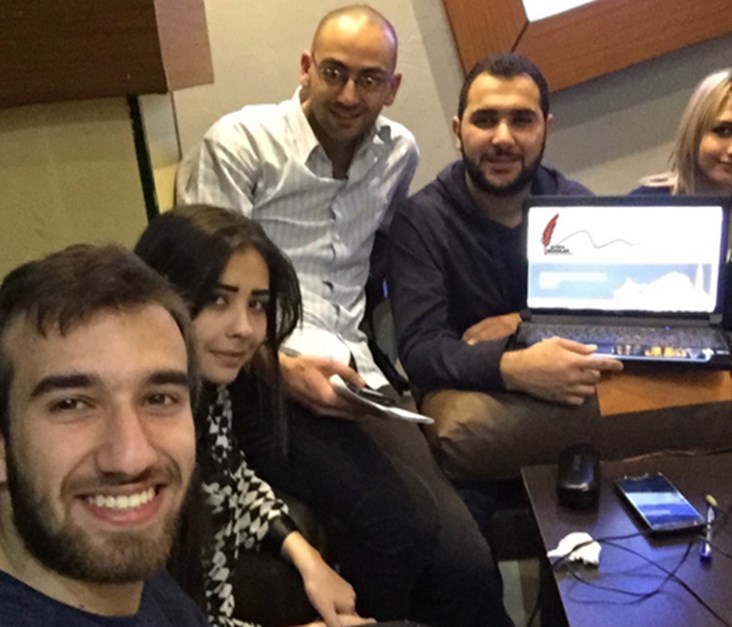The Rise of the Arab World’s WebMD Portal
Back
With over 4 million visitors, the Jordan-based Altibbi has become the leading medical reference portal in Arabic. What was once a family-run operation can now safely be called the WebMD of the Arab world.
From a simple online medical dictionary in Arabic, the portal has evolved to offer a comprehensive range of services, including a physicians’ network, a symptom checker, and medical advice, through articles, videos, and infographics.
The portal closed an investment round in November 2014 from leading VC firms in the region, Middle East Venture Partners (MEVP) and DASH Ventures. The amount of the investment was undisclosed, and Altibbi is about to close a second round soon.
Jalil Allabadi, founder and CEO of Altibbi, said they are now focusing on growing their community of doctors and users. “We are also revamping our product design and process to make it as easy as it gets,” he said.
From a Dictionary to a Repository of Medical Knowledge
The story of Altibbi began before 2011, when Jalil Allabadi decided to publish a web version of the first-ever Arabic-to-Arabic medical dictionary with some 15,000 definitions. This reference had been the work of Allabadi’s father (Dr. Abdalaziz Allabadi) over the course of 15 years, and he felt it deserved more exposure.
“At that time there were no outlets for health and medical content for millions of Arabs that relied on a couple of magazines and their doctors for all their information,” said Allabadi. The family put together their resources and efforts to create a small portal that eventually evolved into Altibbi, and now comprises more than 65,000 definitions.
Altibbi now totals 160,000 unique daily visitors, mostly from Saudi Arabia. According to Allabadi, although the majority of users are men, women’s actions represent 80% of all actions, meaning they do more than just navigate the portal.
The Altibbi team also developed 5 apps. The main app is the Altibbi app which allows users to follow the health topics that interest them, and receive constant updates from their favorite doctors. Another app, the Altibbi symptom checker, has been downloaded over half a million times thanks to its interactive features that allow users to find out more about their health concerns.
The Altibbi Doctor app is designed specifically for doctors, and allows them to interact seamlessly. The team also experimented with two more targeted apps but found they did not pay off well and now plans to withdraw from that experiment.
Creating an Online Medical Community
When Altibbi was first launched, the team noticed trends among the portal’s users, and started considering growth to answer their needs. “Users that read through the dictionary wanted something beyond that; they wanted answers to questions about their personal health issues,” said Allabadi.
Altibbi started by getting in touch with a few doctors to provide answers to users. Soon, the questions increased, and the team realized this was the new direction they had to follow in order to scale. “Only then did we decide on opening up to the whole medical community and become an interactive platform allowing for better communications between users and doctors,” said Allabadi.
Altibbi now gathers around 7,500 doctors from around the MEA region, with a third of these doctors based in Jordan. Most of these practitioners hear about the portal by word of mouth and decide to join it because they see its value, according to Allabadi.
“There is a lot in it for them, and we make sure they know it,” he said. For starters, they get new patients to their clinics, raise awareness and increase their credibility. Altibbi is constantly working on new features for doctors to increase their buy-in rate. For example, it introduced gamification elements like point accumulation and achievement badges to create a healthy competitive spirit.
Self-Regulation While Waiting for Government Policies
According to Allabadi, governments in Jordan and other countries in the region still don’t give much attention to m-health. “There are no regulations around these topics in this region, that’s why we follow American regulations and learn from American companies' policies,” he said.
In-house, a content quality control team monitors doctors’ responses to users’ questions on a regular basis. Moreover, the community can rate doctors’ responses – especially in cases where questions have multiple responses - which facilitates interaction and measurement.
All doctors are carefully screened and their qualifications are verified beforehand. The team works closely with doctors’ associations to speed up this process and ensure credibility. They also collaborates with universities and hospitals.
Of course, all questions are submitted anonymously to ensure users’ privacy.
Altibbi has been nominated for several awards, and has earned quite a few. In February the Altibbi app received the World Summit Award Mobile (WSA-mobile) in the health category, ranking among the world’s top 40 apps.
See related:
Obama Recognizes Lebanese Entrepreneur at White House
OtlobDr wants to Make Doctors' House Visits Popular Again
Latest Business
Intelligence Report














